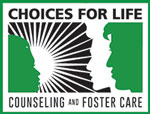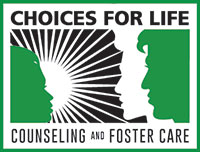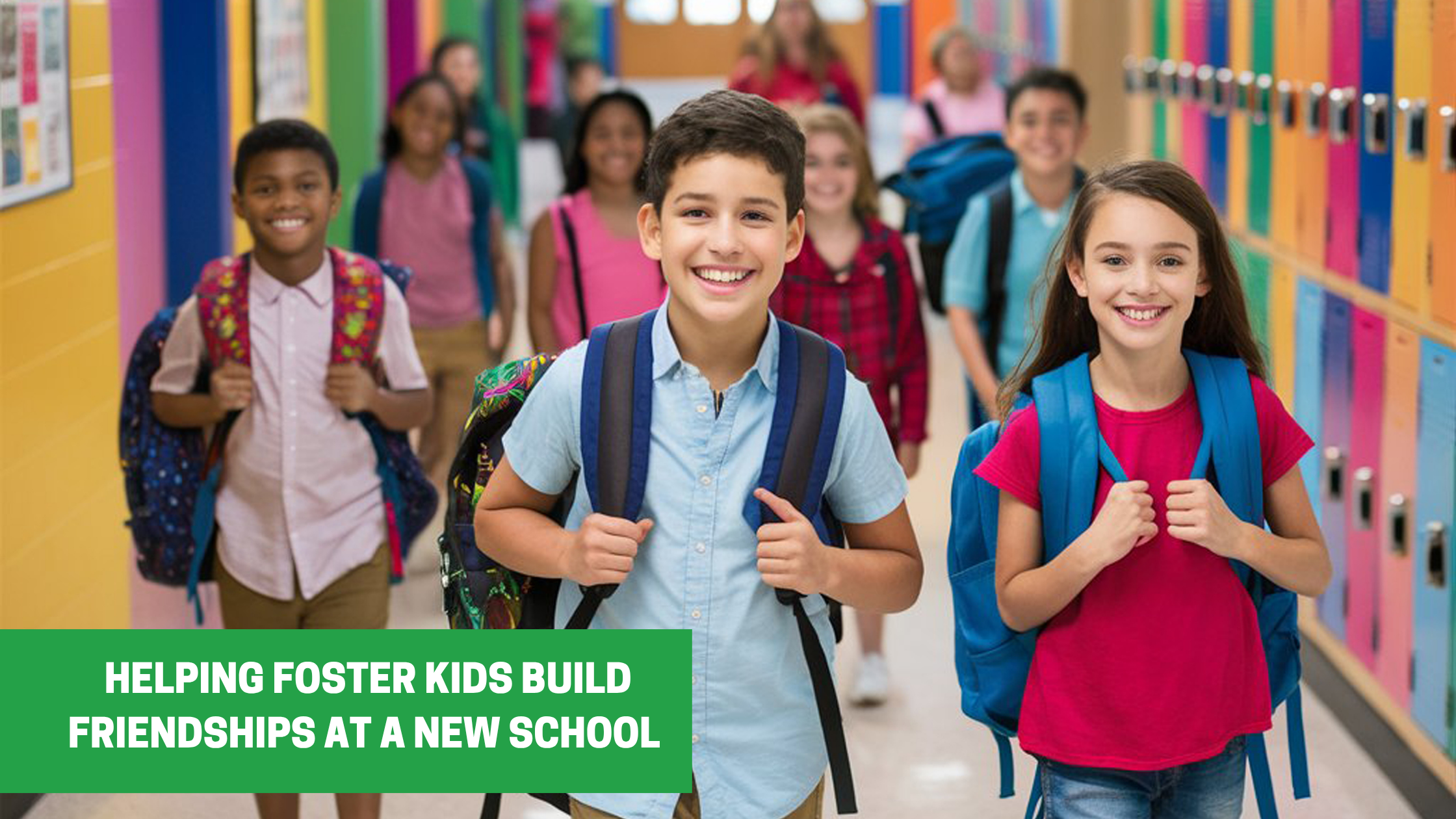Helping Foster Kids Build Friendships at a New School
Starting a new school can be nerve-wracking for any child, but for kids in foster care, it often comes with extra layers of anxiety. New faces, unfamiliar routines, and a completely different environment can feel overwhelming. On top of that, they may be adjusting to living in a new home, which can make social confidence even harder to build.
As a foster parent, you play an important role in helping them feel welcome, secure, and ready to make new friends. While you can’t make friendships happen overnight (now wouldn’t that be nice?), you can set kids up for success. Here are a few ways to help your child build meaningful connections at their new school.
Talk About the Transition Early
Before the first day, be sure to have open and supportive conversations about what they can expect.
- Ask about their feelings. Are they excited, nervous, or both?
- Share your own experiences of starting something new so they know they’re not alone.
- Go over small goals for the first week, like learning one classmate’s name or joining one activity.
Knowing you’re aware of and supportive of their feelings builds trust and makes the transition to a new school less intimidating.
Meet the Teacher and Counselor Before School Starts
If possible, arrange a visit to the school before classes begin. Meeting teachers, walking through hallways, and finding the cafeteria or playground can help reduce first-day jitters.
While you’re there:
- Introduce your child to their teacher so they feel a sense of connection on the first day.
- Meet the school counselor and let them know about any social or emotional support your child might need.
- Ask about activities or clubs your child might enjoy. It’s often easier to make friends in smaller group settings.
Encourage Shared Interests
Friendships often form naturally when kids bond over something they enjoy. Encourage your foster child to explore:
- Clubs or sports teams that match their interests
- Art, music, or theater programs for creative outlets
- Library groups or STEM clubs for quieter, interest-based connections
Even if they’re hesitant at first, trying one new activity could be the spark for a lasting friendship.
Practice Conversation Starters at Home
For some children, especially those who’ve experienced instability, starting conversations can feel daunting. Practice simple ways to break the ice, such as:
- Asking about someone’s favorite subject or game
- Complimenting something they notice (“I like your backpack!”)
- Inviting someone to join a game at recess
Role-playing these scenarios at home can boost a child’s confidence in real-life situations.
Celebrate the Small Wins
Building friendships takes time! Cheer on small moments:
- Saying hello to a classmate
- Sitting with someone at lunch
- Being invited to join a game or group activity
Acknowledging these victories shows your child that progress, no matter how small, is worth celebrating!
Create a Safe and Supportive Space at Home
School days can be emotionally draining for kids, especially if they’re still finding their place socially. When they come home:
- Give them time to decompress before asking too many questions.
- Let them share what went well and what was tough without judgment.
- Offer reassurance that making friends takes time and it’s normal if it doesn’t happen right away.
Final Thoughts
While you can’t choose your child’s friends, you can be the steady anchor they need during this big transition. By preparing them for the social side of school, encouraging shared interests, and celebrating each step forward, you’re helping them develop not just friendships at a new school, but also confidence and resilience.
And remember, friendship isn’t about having a huge circle of people. For a child in foster care, even one trusted friend can make the school year feel brighter, safer, and happier.
Reminder!
Choices For Life is here to walk alongside foster parents, providing guidance, resources, and encouragement every step of the way. We believe that when children feel supported (emotionally, socially, and academically) they’re better able to build friendships, gain confidence, and thrive. By prioritizing stability and mental health, we can help every child start the school year with a strong foundation for success. Contact us today to learn more about our programs and how we can support your family during this exciting new chapter.


